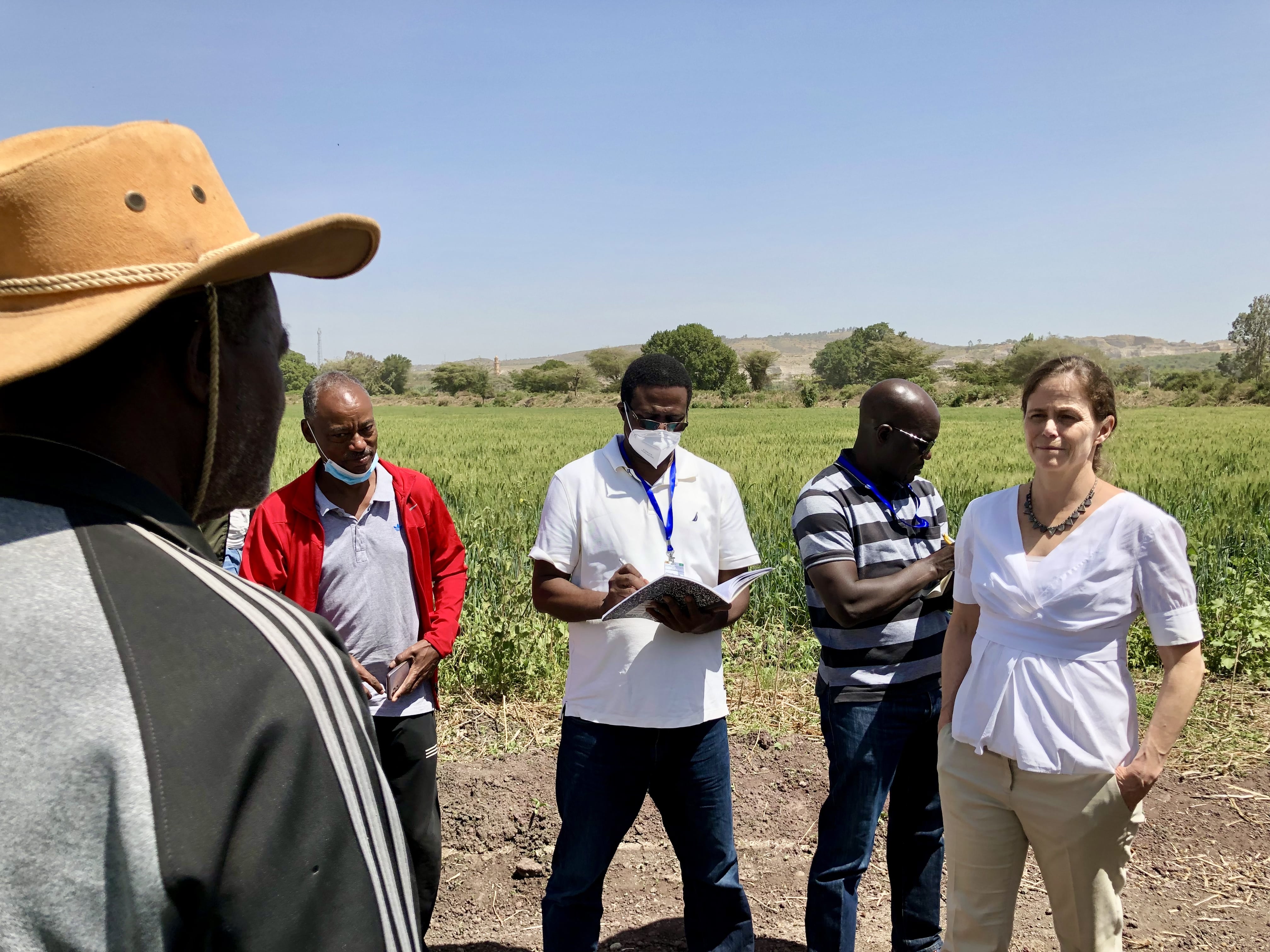Key Takeaways:
- Leadership Presence: Dr. Beth Dunford, representing the African Development Bank Group President, leads a delegation at the summit to discuss fertilizer and soil health.
- Strategic Discussions: The summit will address the decline in soil quality and formulate an African Fertilizer and Soil Health Action Plan.
- Broad Participation: Over 1,500 stakeholders, including Heads of State and Ministers from across Africa, will attend.
- Policy and Governance: A side event will explore frameworks to enhance food and agriculture compacts across African nations.
- Partnership and Collaboration: The summit will highlight partnerships with major foundations and the U.S. Department of State to advance agricultural resilience.
Event Overview
This week, Nairobi hosts the significant Africa Fertilizer and Soil Health Summit, organized by the African Development Bank Group (AfDB). The summit aims to spotlight the pivotal roles of agricultural technologies, fertilizer, and healthy soils in promoting sustainable agricultural growth across the continent.
Leadership and Goals
Vice President for Agriculture, Human and Social Development, Dr. Beth Dunford, will represent AfDB Group President Dr. Akinwumi A. Adesina. Dr. Dunford and a team of specialists in agriculture, agribusiness, and fertilizer will engage in critical discussions to combat the widespread declines in farmland soil quality and to support the development of an African Fertilizer and Soil Health Action Plan. This plan is part of a broader initiative endorsed by the African Union Commission to improve soil health and productivity.
Summit Activities and Collaborations
The summit will feature a variety of sessions including the “Dakar 2 – the State of African Fertilizer and Soil Health: Policy, Governance, and Institutional Framework to Accelerate Country Food and Agriculture Delivery Compacts.” This session, organized by the Leadership for Agriculture network—a partnership among the African Development Bank, the Bill & Melinda Gates Foundation, and the Rockefeller Foundation—will showcase successful soil health interventions from Ethiopia and Mali.
Another notable side event on May 7, co-organized by the Bank Group, the African Union, and the United States Department of State, titled “Advancing the Soil Initiative for Africa through the Vision for Adapted Crops and Soils,” will discuss the strategic relationship under the U.S.-led Vision for Adapted Crops and Soils (VACS). VACS aligns with AfDB’s Technologies for African Agricultural Transformation (TAAT) initiative, which aims to provide climate-smart seeds to boost food production and alleviate poverty.
Financial Strategies and Challenges
The summit will also address the economic aspects of agriculture through a session titled “Finance, food and Fertilizer: how the Debt Crisis Affects Food and Farm Inputs Markets in Africa.” Speakers including Bank Director for Agricultural Finance and Rural Development, Richard Ofori-Mante, and AFFM Coordinator Marie Claire Kalihangabo, will discuss strategies for building financial resilience in Africa’s agricultural sectors amid global challenges.
Commitment to Agricultural Development
Dr. Martin Fregene, Director for Agriculture and Agro-Industry at the Bank, emphasized the critical role of fertilizer in achieving agricultural aspirations. “The importance of fertilizer financing in achieving our shared aspirations cannot be overstated,” stated Dr. Fregene. He will participate in multiple sessions, including those focused on healthy soils and regenerative agriculture practices, highlighting solutions in the wake of global fertilizer crises and climate change.


